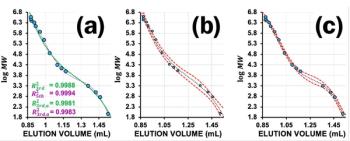
DHS Deems Chemical Industry Essential to Critical Infrastructure
The U.S. Department of Homeland Security (DHS) has identified the U.S. chemical industry and its workers as Essential Critical Infrastructure, an industry sector that is critical to public health and safety, economic, and national security.
The U.S. Department of Homeland Security (DHS) has identified the U.S. chemical industry and its workers as
The importance of chemistry’s role is evident today, at a time when chemicals enable myriad products needed to support live-saving medical care, including personal protective gear for front-line health workers; chemical biocides and disinfectants that are the active ingredients in cleaning products that eliminate bacteria and viruses on a personal, household, and industrial scale; and plastic products and packaging that help prevent contamination of food, medicine, personal care, and medical products while helping to prevent person-to-person transmission of disease-causing microorganisms.
Developed in collaboration with other federal agencies and the private sector, the agency said its list of "Essential Critical Infrastructure Workers” was “designed to help State and local officials as they work to protect their communities, while ensuring continuity of functions critical to public health and safety, as well as economic and national security.” The list can also inform critical infrastructure community decision-making to determine the sectors, sub-sectors, segments, or critical functions that should continue normal operations, appropriately modified to account for Centers for Disease Control (CDC) workforce and customer protection guidance."
Several states, including
Newsletter
Join the global community of analytical scientists who trust LCGC for insights on the latest techniques, trends, and expert solutions in chromatography.




